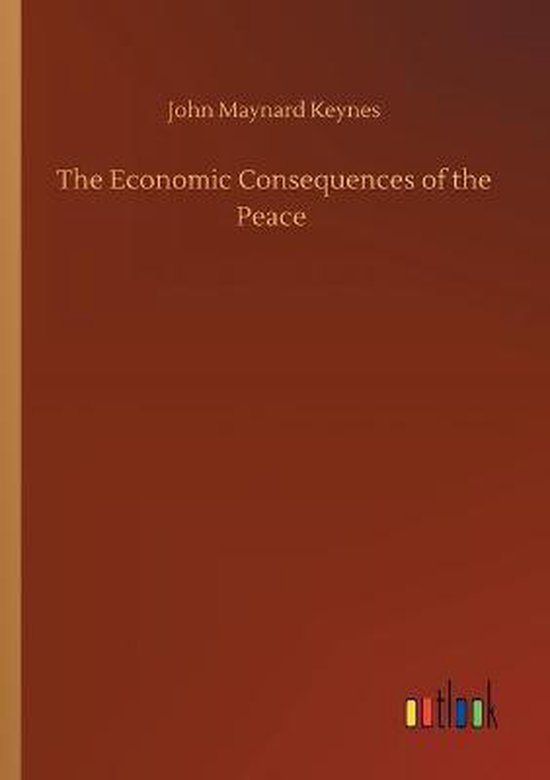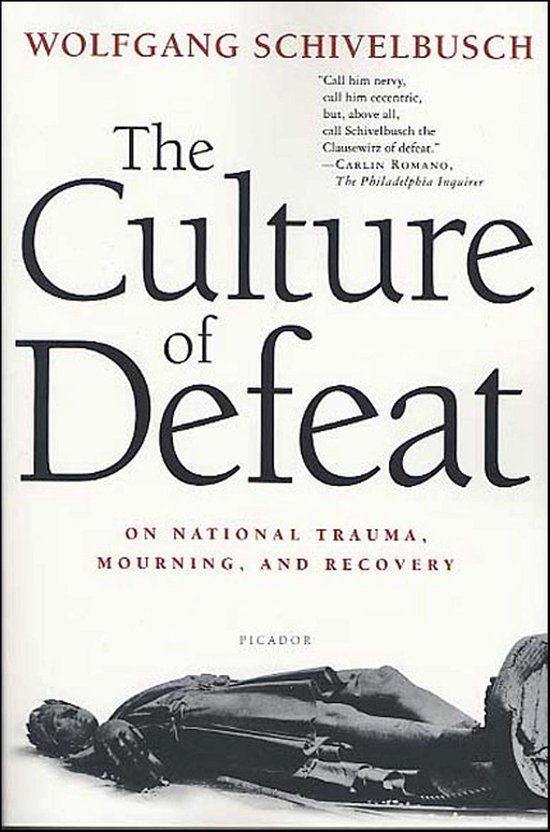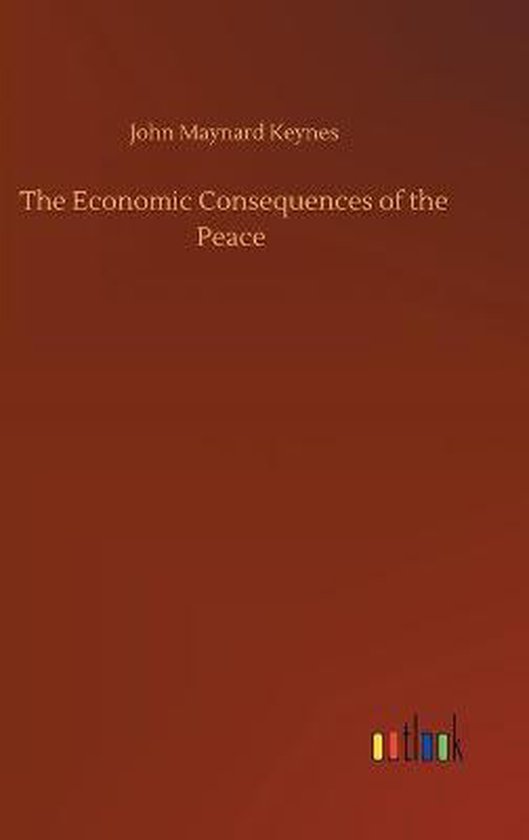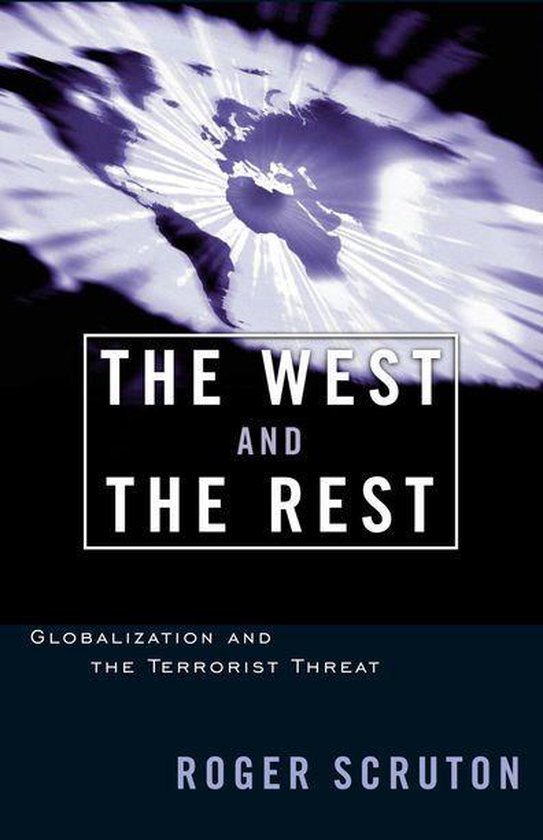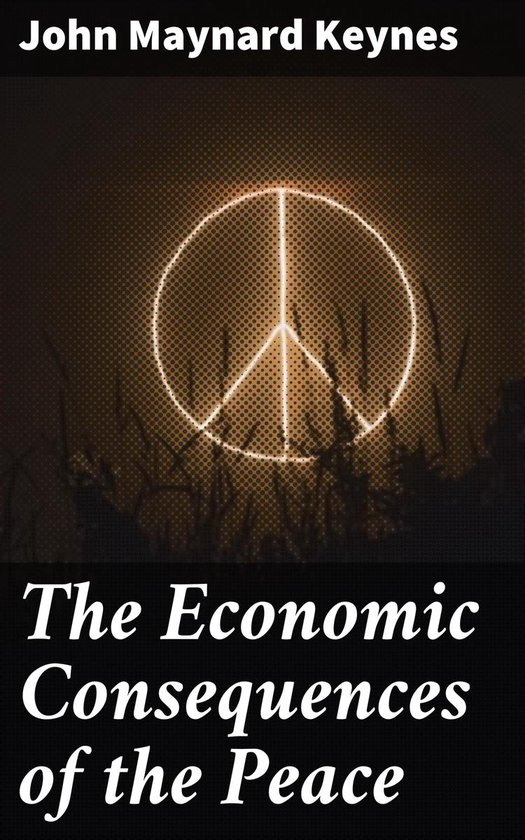
The Economic Consequences of the Peace
In 'The Economic Consequences of the Peace' by John Maynard Keynes, the renowned economist critiques the Treaty of Versailles and its implications on post-World War I Europe. Keynes adopts a persuasive and analytical writing style, using economic theories to argue against the treaty's harsh reparations and unrealistic demands on Germany. His meticulous examination of the economic ramifications of the treaty provides readers with a deep understanding of the interconnectedness between politics and economics during this tumultuous period. The book serves as a significant contribution to the field of political economy and continues to influence contemporary economic thought. John Maynard Keynes, a prominent figure in economics, drew from his firsthand experiences as a delegate at the Paris Peace Conference to write this groundbreaking work. His expertise in macroeconomics and monetary theory enabled him to offer a compelling critique of the treaty's flawed approach to resolving European economic challenges. Keynes' reputation as a brilliant economist and insightful thinker is evident in this seminal work. I highly recommend 'The Economic Consequences of the Peace' to readers interested in economic history, international relations, or political economy. Keynes' masterful analysis offers valuable insights into the long-term effects of geopolitical decisions on global economies, making it essential reading for anyone seeking a comprehensive understanding of the post-World War I era.
| Auteur | | John Maynard Keynes |
| Taal | | Engels |
| Type | | E-book |
| Categorie | | Mens & Maatschappij |
